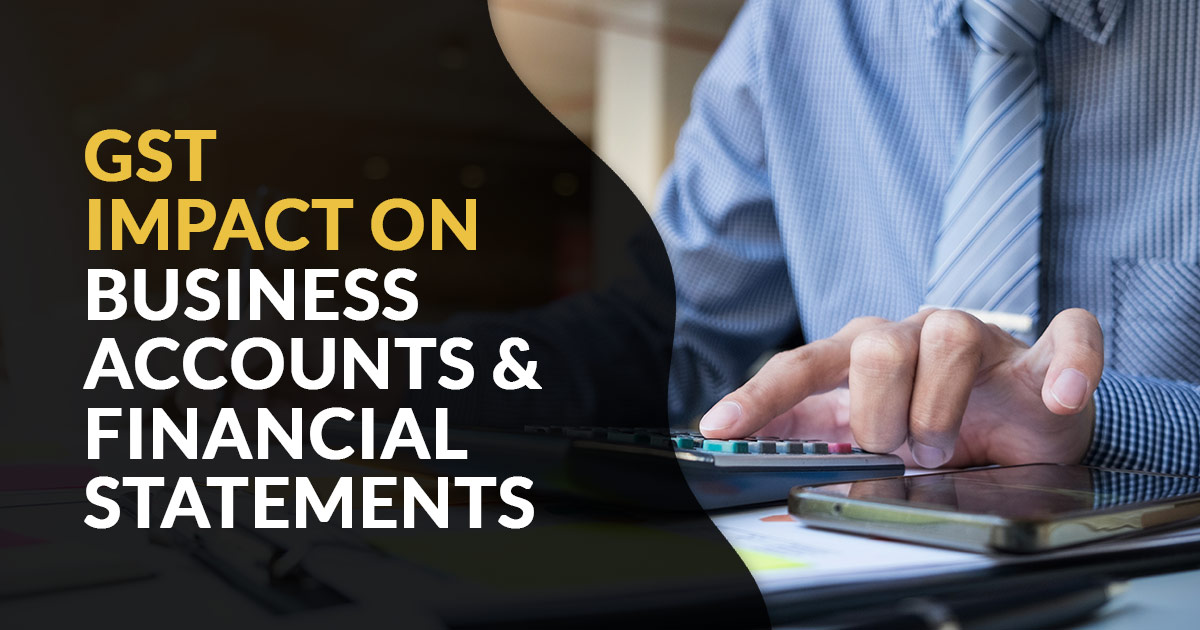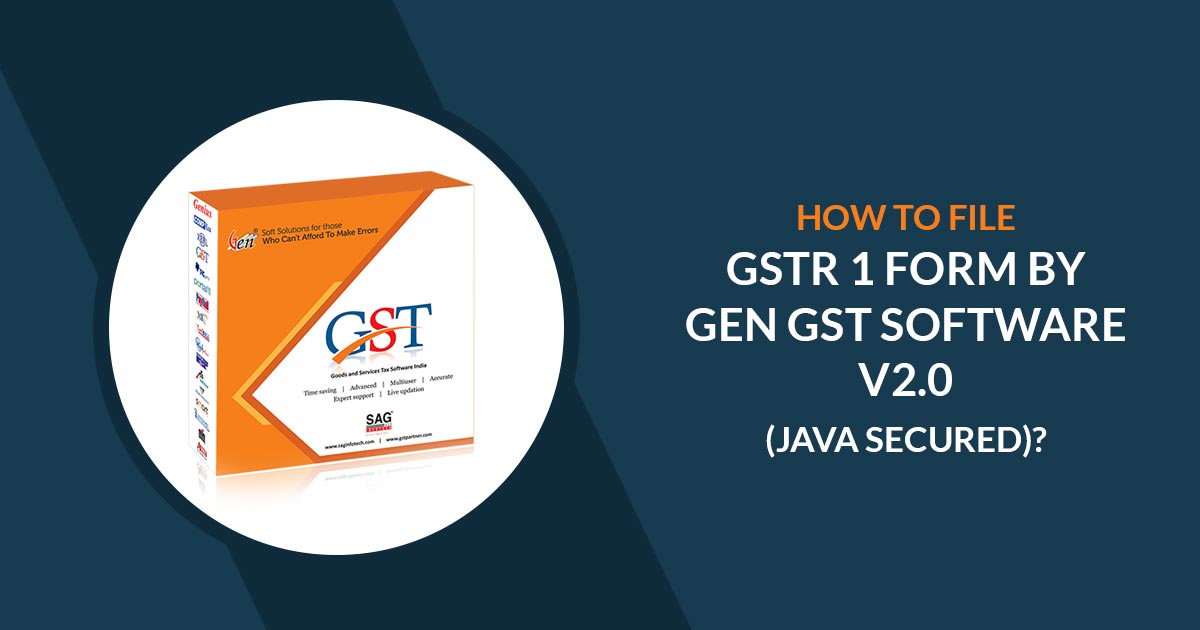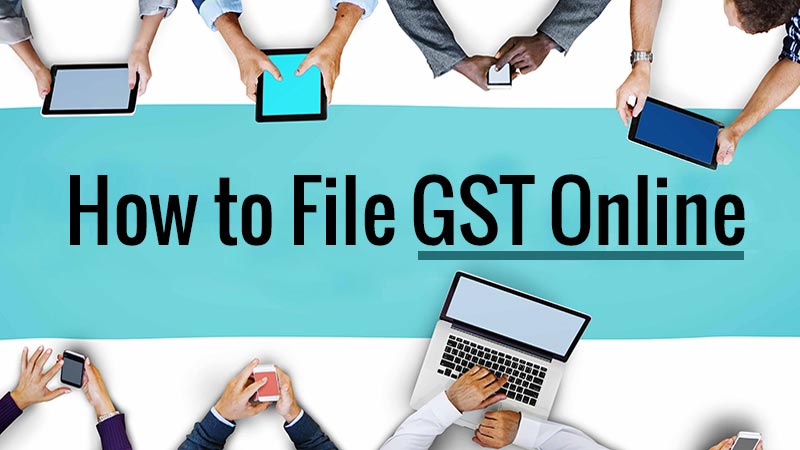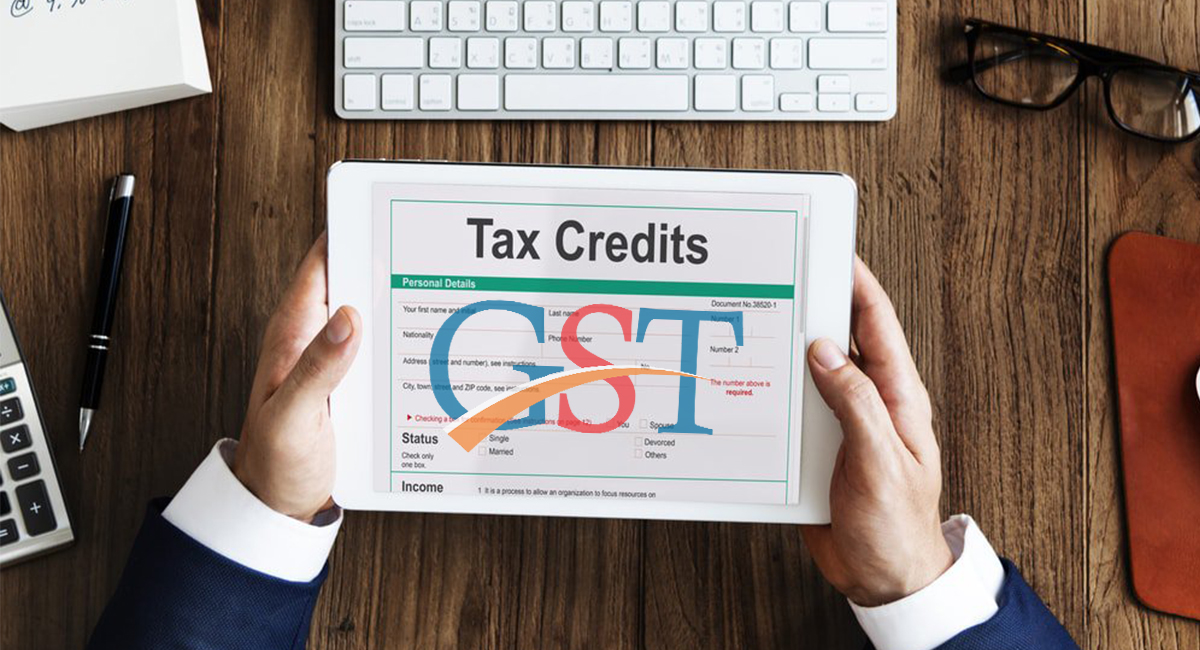
Since July 2017, the One Nation One tax i.e. Goods and Services Tax (GST) has been introduced in India. Apparently, it looks simplified; however, the entire accounting mechanism has been overhauled. Nevertheless, the concept of GST has its own advantages in the long run.
As Per the Indian Accounting Standards
- State-based Registration and Consequent Accounting Mechanism (Person who is liable for registration subject to section 22 of the CGST Act)
- Supplies in the absence of Consideration ( Schedule I of the CGST ACt specifies those activities that are to be categorised as supply without consideration
- Excise Duty is to be included in revenue as it’s production-based taxation.
- And Sales Tax along with VAT also is not included in the revenue as it is imposed at the time of the sales. However, GST is called a destination-based tax that is imposed at the point of the supply.
- Specific Rules: These provisions have impacted directly on business accounting such as Composite Supply, Works Contract etc.
- Mode of GST: All the transactions of the supply shall be subject to 2 kinds of levies CGST for Union and SGST for State government) and levied tax is also shared between 2 entities. The Union Government and the State Government.
- 4 GST Types
- Central Goods and Services Tax (CGST)
- State Goods and Services Tax (SGST)
- Integrated Goods and Services Tax (IGST)
- Compensation Cess
Every Business has 2 Types of Transactions:
- Sales (Outward Supply) that is reported in the GSTR 1 form

- Inward Supply (Purchase) that is auto-populated in GSTR 2A
Maintaining of Accounts of the Business Entities Excepting Composite Tax Payer
The normal taxpayer has to maintain the following accounts that have to be maintained and kept by a normal taxpayer under the GST mechanism.
- Input CGST A/c
- Input IGST A/c
- Input SGST A/c
- Output SGST A/c
- Output CGST A/c
- GST Payable A/c
- Output IGST A/c
- Input and output Cess (If in case applicable)
Illustration of Business Transaction as Per GST Regime
- Inward Supplies ( Intra or Inter state)
- Outward supplies ( Intra or Inter state)
- Refunds in the Case of the Export of Goods & Services
- Set Off of ITC Against Out Tax Liability
- Reverse Charge Transactions
- Imports
Intra State implies transaction within the same state or the Union Territory
Inter-State implies Transactions outside the state or Union Territory
Under the GST Mechanism, the Expenses can be Subdivided Into the Below-Mentioned Categories
- Expenses on which the ITC NOT availed
- Expenses on which the ITC availed
- Expenses on which nil GST has been charged by the supplier as below the threshold
- Expenses on which GST paid on RCM
- Expenses on which GST is not leviable
- Expenses with zero-rated GST
Records that are Required to be Maintained Under the GST
- Stock records
- ITC availed
- Tax Invoice
- Inward & the outward supply of the goods/ services
- Debit note/ credit notes
- Bill of Supply
- Receipt/ Payment/ Refund voucher
Effect of the GST Transactions on the Financial Statements
Check points that will help you in relation to how the effects of Goods and Services Tax for transactions on the financial statements:
Reconciling/Matching Outward & Inward Supply
- Reconciling the Outward and the Inward Supply with the GST Invoices, the Debit Note / Credit note/ the documents issued during FY and so on.
- Reconciling your Turnover with 26 AS
- Reconciling of the Outward & the Inward Supply as per the BOA with the GST return

- Reconciling of the Turnover with the GST TDS(If in case applicable)
Check the Eligibility of the ITC Considering Section 16 that is Read with the Rules
- Checking the eligibility of the Input Tax Credit under section 16 and Rule 36
- Reverse the ITC if not covered under the eligibility criteria
- Reversing the input tax credit

- Record it in the financial statement as the current liability
- However, if the payment has been made in the subsequent time period then re-avail the ITC up to the September 2021 Return for the Financial Year 20-21
Concept of Reverse Charge Mechanism
- Reviewing the financial statements for the FY 2020-21 identifying expenses subject to the RCM as per the Sec 9(3)
- Discharging RCM liability through the GSTR 3B or/and DRC 03
- Discharging the GST liability under the Reverse Charge Mechanism along with the interest if it is not paid and also availing of the Input Tax Credit in the subsequent returns
- Record GST payable as Current Liability and ITC receivable as the Current Assets.
Reconciling/Matching the Balances of Cash and Credit Ledger
- Reconciling Financial BOA with the Cash and the Credit Ledger of the GSTN portal
- Recording Current assets(Cash) and the Credit balance that is reflected in the GST portal
- Further reviewing of the GST TDS that is receivable if any and recording it as current assets.
Benefit of Input Tax Credit Wrongly Availed
- ITC that is wrongly availed of the inputs that are covered under section 17(5) of the CGST Act
- ITC that is wrongly availed and not complying with the provisions of Rule 36(4)
- ITC that is not reversed taking into consideration Rule 42/43
- Discharging the Interest on reversal if the same has not been utilized
- Recording it as Current Liability in the Financial Statements.
Benefit of Input Tax Credit Not Availed
- Identify the income that is accrued as per the Income Tax but is not liable to the GST in a period in which it has not been accrued taking into consideration the time of supply provisions.
- For the purpose of future reference, preparing a reconciliation between the outward supply as per the Income Tax and the GST for future reference.
- Discharging of the GST liability in the subsequent period as per the time of the supply of provisions.
Income Accrued as Per I-T Act But is Not Liable Considering GST Act
- Identify the income that has been accrued as per Income Tax Act, but not subject to GST
- Reconciling between Outward supply as per Income Tax and GST for the future reference
- Discharging the GST liability in the later period as per the provision of time of supply
Advance Received for Services Only (Not Including Goods)
- The amount has been received but no invoice has been raised against the supply of services.
- Reviewing the bank statements for the receipts against which no invoice has been raised.
- According to section 12 of the CGST Act (Time of the Supply), the GST is payable on the advance receipt.
- The advance receipt had been reflected in the return for a period of the receipt but the same is not applicable for goods as per the notification
- Discharging of the GST liability along with the due interest at the time of the advance
- GST paid on Advance recorded as Current Assets in the financial statements.









